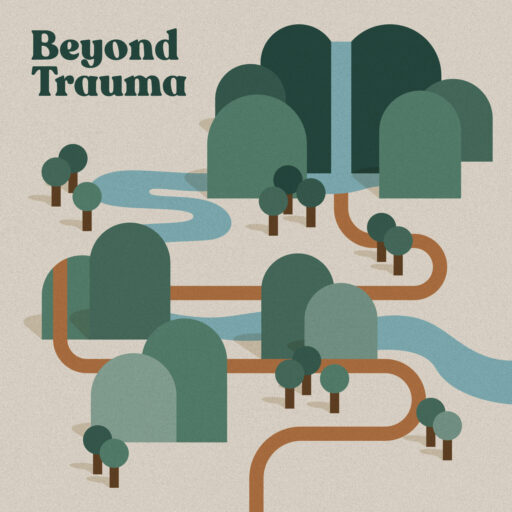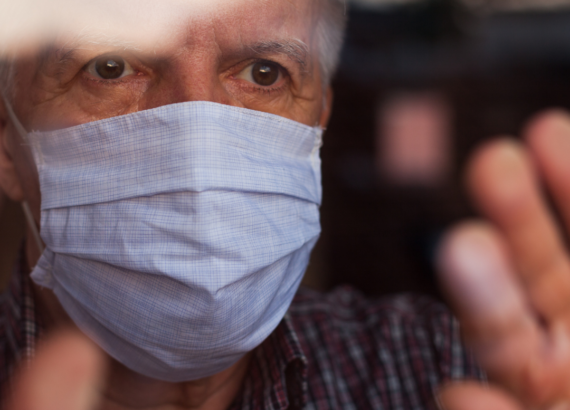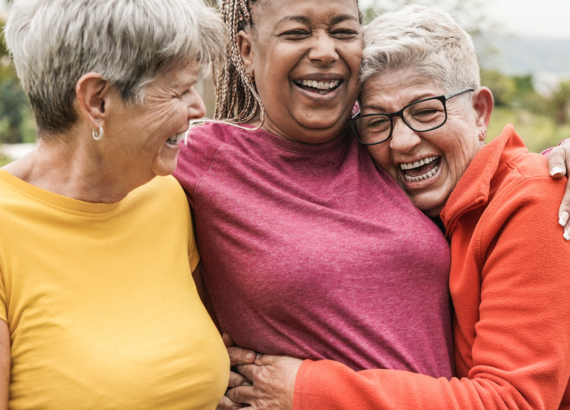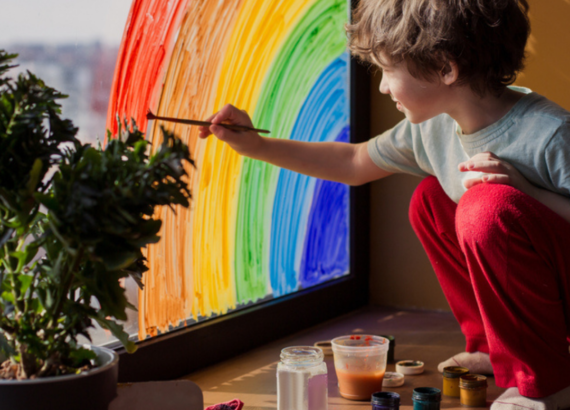Episode 11: Post-Traumatic Growth

Listen in to hear Jen, Melissa and Bridger discuss the concept of post-traumatic growth and how this understanding can help you through your healing journey.
What is Post-Traumatic Growth?
- Post-traumatic growth is a concept that means that you have grown in resiliency and personal emotional strength as a result of healing from your trauma. You are stronger and more resilient than you were before.
- Important to note that PTSD and post-traumatic growth are not mutually exclusive. You can experience one or the other or both at the same time.
- PTSD and post-traumatic growth are two identifiers of common reactions to trauma.
What if I haven’t felt my growth?
- Sometimes, it is there but because of some of the trauma symptoms, we feel disconnected from it. We also tend to diminish our own growth and strength in the midst of a healing journey.
- Part of the therapeutic process is helping you connect with and identify the strengths you have developed in the aftermath of the trauma.
Most Common Elements of Post-Traumatic Growth
- Example: Enhanced empathy
- Our general sense of empathy becomes much deeper and our understanding becomes much stronger.
- Connecting and empathizing with others who may have shared similar experiences
- Adult children of abuse, sexual assault victims, adult children of divorced parents, etc.
- Knowing we are capable of handling incredible hardships and continuing to move forward in life.
- Learning who the people are that are truly supportive to us.
Post-traumatic growth is not just about surviving, it’s about thriving.
- Resolving the trauma and reducing the need for our coping strategies
- Shift in perspective is a huge part of post-traumatic growth
- Another element would be the ability to actually experience life again, not through all the insulation that was necessary for protection during and after the trauma.
- You can experience life in real time and know that it’s safe to engage with life again.
Trauma Bonding v.s. Post-Trauma Growth
- An example of trauma bonding would be meeting someone who shares a similar traumatic experience and dwelling on it.
- Feeling seen and understood.
- Instead of post-traumatic growth, which is coming forward and becoming stronger.
The way people speak about their trauma is an indicator of whether or not they are experiencing post-traumatic growth
- Deep acceptance of trauma
- Total release of shame associated with going through that experience
- Not false positivity;
- Knowing oneself and our capabilities
- Meaning-making
- Feelings of gratitude
- Your feelings are so valid- you never have to invalidate that experience.
The Effect of Trauma on the Brain and Body
- Our brains develop in a way that is dependent on our experiences
- The mind is a result of all the experiences we’ve had throughout our lives
- “I know that is it over in my mind, but it doesn’t feel like it’s over.”
- Parts of our brain is still processing our trauma when it hasn’t been resolved.
- When we truly believe that both our mind and body are safe in connection, then we can begin to grow.
- The agreement of what I think and what I feel, then growth is almost inevitable.
- When we are put in an ideal environment, it is almost inevitable that growth and healing will occur.
Triggers
- Just because we come into a triggering situation, doesn’t mean your growth is no longer real.
- There is no shame in the impulse to self-protect
- Noticing an overreaction in someone you’re close to allows you to have a sensitivity to where they are coming from. Understand it may not be about you personally.
Trauma-Focused Healing Retreats
For more information on therapy retreats, email us at: therapy@beyondhealingcenter.com



